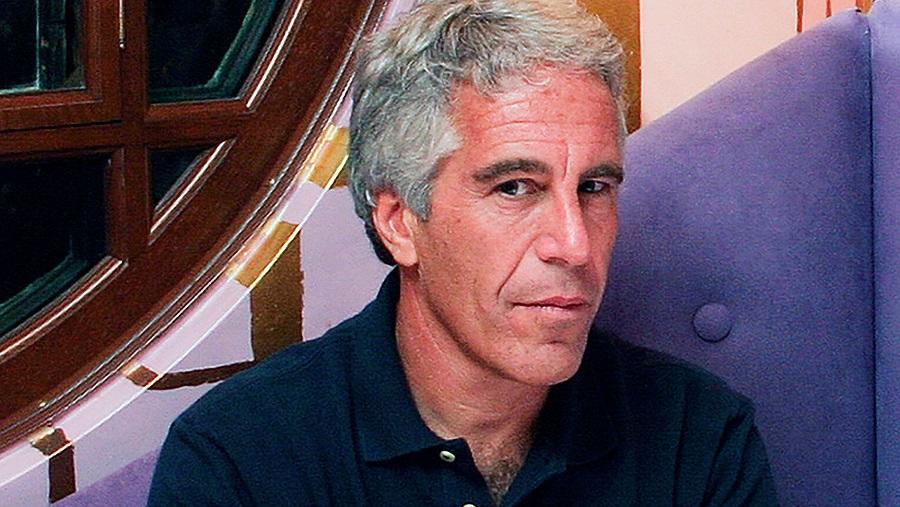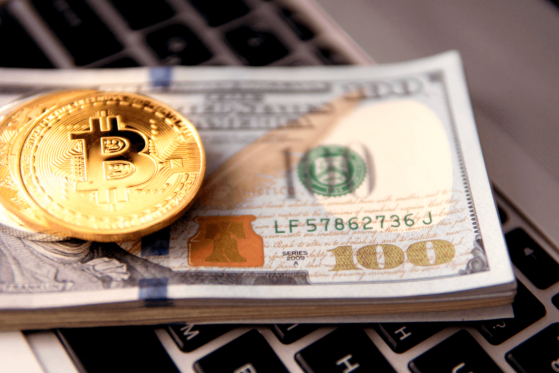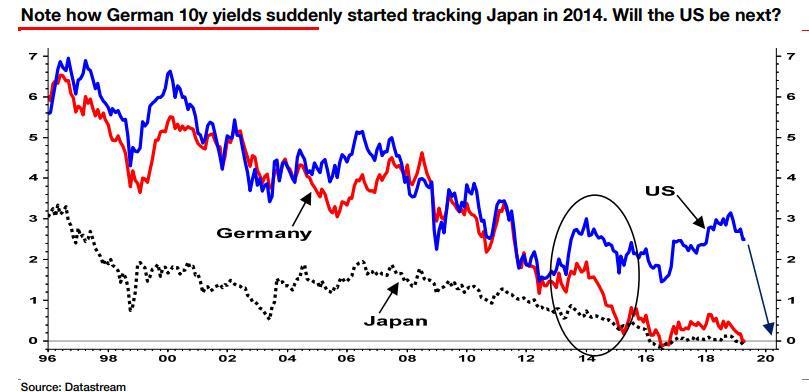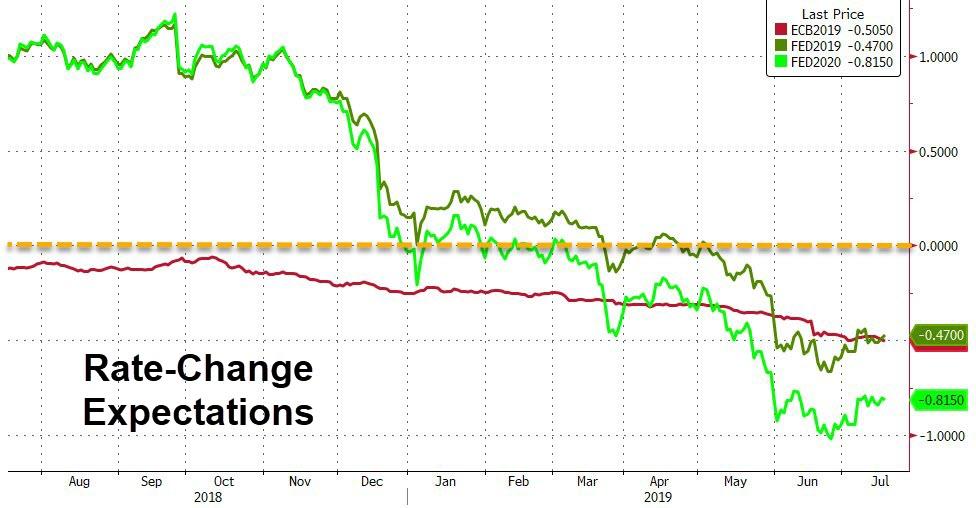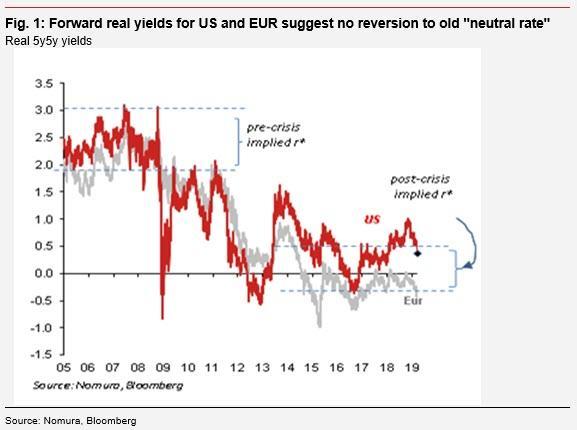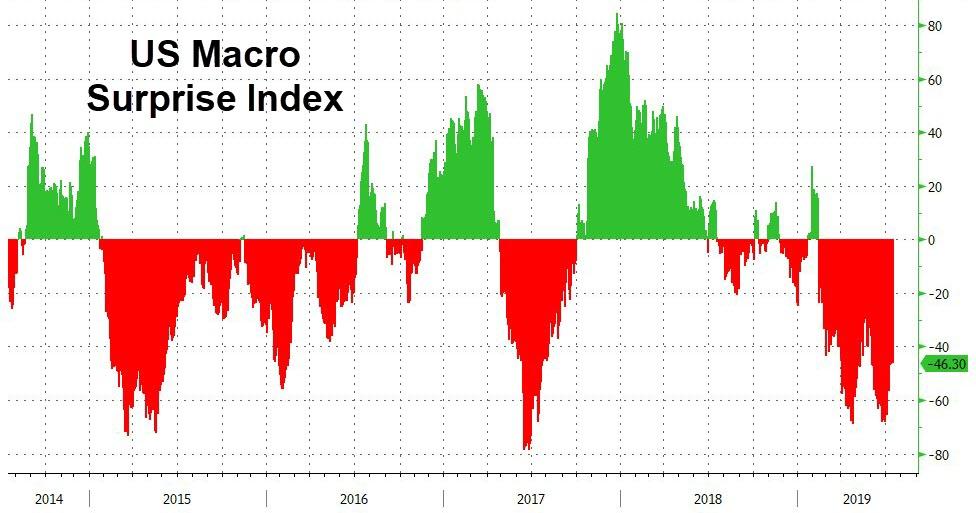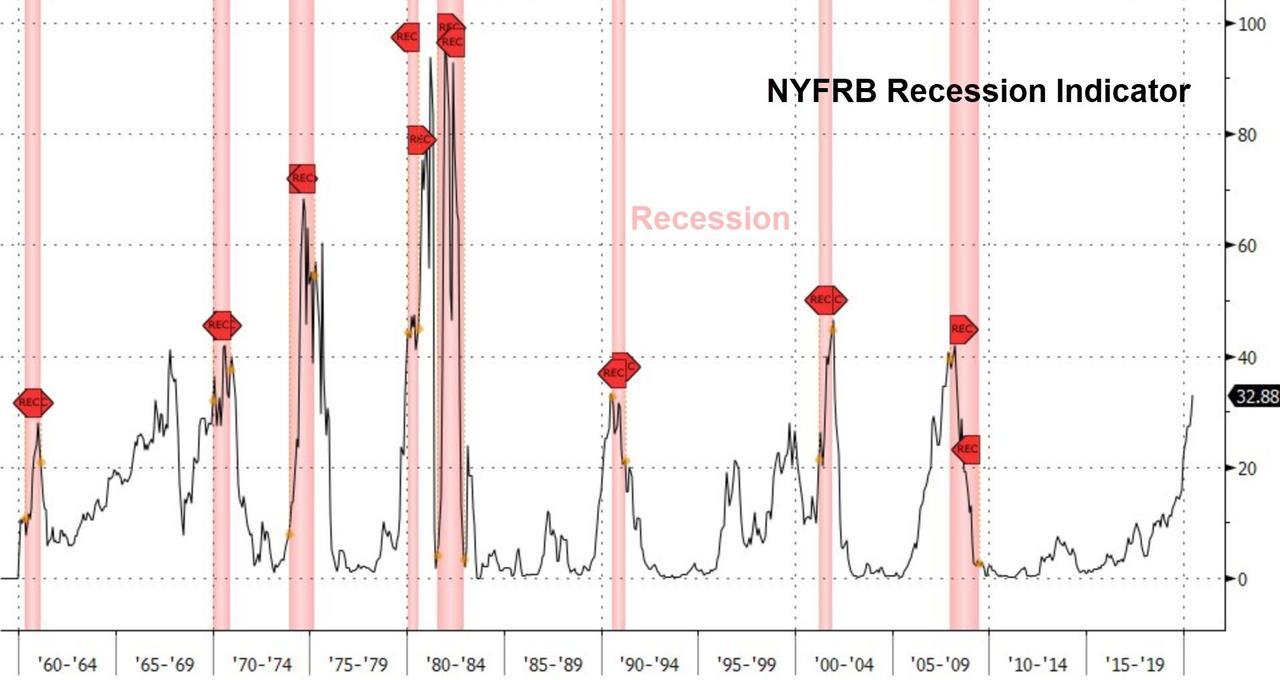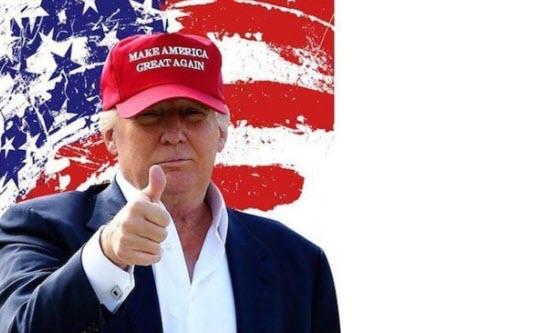A group of conservatives mostly dedicated to removing the stain of individual liberty from their brand met this week for a “National Conservatism Conference.” Superwealthy tech-industrialist Peter Thiel gave one of the keynote speeches. Contemplating his remarks is helpful in assessing what these “national conservatives” are up to.
Thiel used to be roughly identified, including, at times, by me, as a libertarian. One reason was his decision to fund what started as a libertarian-rooted wild idea, Seasteading. Another indicator was his big-money support of an ultimately feckless Ron Paul-oriented SuperPac. These decisions made his warm embrace of Trump back in 2016 confusing, but he has now made it clear he has, and wants, nothing to do with the idea that human liberty is overall good and enriching.
Instead, Thiel has some interests and some enemies, and he wants to use the power of the state as a weapon to help one and harm the other. The main enemies are Google, China, and the U.S. university system. He advocated vigorous police actions against the first and third, and a trade war (at least) against China.
The general focus of his talk is that we should run all decisions through the following prism: Is this policy good for the United States? Not for free individual citizens, not for the human race, but for the United States. Thiel’s answer, at least when it comes to big tech, the current system of higher education, and free trade, is no.
Why he’s attacking Big Tech: Thiel is mad because Silicon Valley imposes a monoculture of political correctness. He didn’t get too specific here, but I think his audience and most of the world gets what he means. Silicon Valley is leftist-progressive, culturally and socially, and accepting—at least in word, if not always deed—of the “identity politics” and “cultural marxism” that Thiel believes are some of America’s biggest problems.
He also thinks it’s notable that Sen. Elizabeth Warren (D–Mass.) is getting the most political donations out of the tech sector. However, given the ideology he promoted at the conference, it’s not entirely clear why Thiel doesn’t consider Warren’s promises regarding health care reform as “good for America,” particularly since he doesn’t seem to think government spending or free-market economics have much relevance to “national conservatism.” In fact, nowhere in his long speech did Thiel decry government spending or praise free-market economics, and nothing he actually did say suggests that either idea is an unspoken underlying presumption of his ideology.
He is also mad at Google—a rival in some ways to Facebook, on whose board he sits and off of whom he made a chunk of his fortune—and he played to the crowd with a hat tip to the fact there were “reasons you might understand” he was “picking” on Google.
“Picking” is putting it mildly: Thiel suggested that the FBI and CIA should visit Google executives, who should then be “asked in a not excessively gentle manner”—a hint of violence which got laughs and claps from the crowd—about the “seemingly treasonous” behavior of not keeping the Chinese government sufficiently far from Google’s research into artificial intelligence.
Thiel pal President Donald Trump gleefully tweeted that he was going to follow Thiel’s lead on this and look into Google’s “treason.” Will this lead to the deaths, by capital punishment, of Thiel’s opponents at Google? I sure hope not.
Using his wealth and influence to conquer his enemies certainly motivates Thiel, as seen in his murder-via-defamation suit of the news and gossip website Gawker. It is more than likely that the site’s exposure of scurrilous and embarrassing facts about people and institutions, while not pleasing to the exposed, have probably on balance been good for America, although Thiel clearly disagreed.
Thiel insists he wants to deal more with “concrete particulars, not abstractions,” when he jabs at free trade: He didn’t say out loud that globalization has been bad for enough people in a significant enough way to end free trade altogether. He also did not talk about decaying industries or bringing American jobs back. He may believe that stuff, but he mostly criticized free-trade ideology because he thinks it keeps us from being tough on China.
He has a litany of complaints about the Chinese government and corporate behavior, and he thinks the proper way to deal with them is to punish any American company or citizen who wishes to do business with the Chinese. He wants tariffs of 25 percent and said that should just be a starting point.
While it’s unlikely the National Conservatism audience is all that worried about global warming or carbon in the atmosphere, Thiel suggests punitive tariffs on Americans who wish to do business with China should or could be sold as carbon taxes, since China is a heavy polluter in that regard.
Chinese companies and governments are certainly committing crimes. American companies and individuals and the U.S. government can and should consider the financial and moral implication of doing business with them, but without trying to punish the rest of America. Some things—like Chinese production practices, how they treat workers, their own internal subsidies, and intellectual property theft—aren’t things we can likely stop, tariffs or not.
Raising tariffs is more likely to harm the Americans who wish to have their products than to change the entire way China runs its economy, but again, Thiel’s vision of conservatism is that we (as in, he) should use government to punish enemies. He thinks it is vital that no one who believes strongly in free trade should be part of making U.S. trade policy.
Taxing and managing American companies’ and citizens’ production and consumption decisions in pursuit of what Thiel calls a national interest is fundamental to his “national conservativism.” In this case, the “national interest” is really the specific interests of the people and industries who can get the government to create trade policies that will benefit them. Managed trade and protectionism are not good for everybody, and nationalist talk is merely a way of disguising personal and sectional interests as somehow good for an entire nation.
Pointing out that we never thought trade barriers between U.S. states made life better for Americans is a cliche, but it’s also an important thing to remember, especially since anti-free-trade sophists are essentially in favor of using state force to help some Americans at the expense of other Americans but feel they can get away with it when it isn’t as blatant as saying “this state wins, and this state loses.”
Framing decisions about the economy and liberty in “national” terms is a cover for those who are best able to manipulate the machinery of the state to get what they want at the expense of others. Thiel’s Palantir makes money providing services that harm innocent humans to the techno-industrial state. It’s not surprising that he encourages that sort of thing, but it might be less valuable as a principle for a political movement.
National conservative types and Trumpers enjoy either appealing to, or teasing, libertarians who don’t like Trump with the declaration that Trump is great for libertarians because he’s so anti-intervention: Thiel ups the ante on this by claiming, with zero evidence, and indeed by bringing up his “libertarian friends,” that Trump has been better on the anti-intervention front than even Ron Paul would have been. He doesn’t elaborate on this, and what Ron Paul would or could actually have accomplished as president will forever remain unproven.
While it is a vital moral imperative that America not blow people up, Trump continues to do just that and has not stopped doing so anywhere. While there have been positive signs here and there, and he has not opened up any completely fresh fronts, I have to call bullshit on Thiel’s unsupported rhetorical outreach to old libertarians that Trump is the most libertarian possible person on war issues. Sanctions and tariffs and immigrant detention camps are all forms of aggression. Trump may not be bombing places that Obama didn’t bomb, but he is hurting innocent people all over the world.
Thiel certainly didn’t help shore up his antiwar bonafides, or those of the “national conservative” movement, when he said the Iraq war might have passed his litmus test had U.S. oil companies been allowed to plunder Iraq’s oil. Most libertarians, including Ron Paul, object to modern war on the grounds that it is bad to commit mass murder and turn homes and cultural legacies into rubble, not because doing those things failed to enrich companies based in the U.S.
While Thiel isn’t quite clear about why American colleges are his other great foe, a case could be made that student debt is holding back the nation as a whole: Then again, it might just be part of his general neo-reactionary sense that universities are the core of the “Cathedral” of progressivism, and hitting them in the purse is the best way to undermine American higher education’s broader progressive influence.
He’s been using his money to encourage the bright to not go to college for years, and good for him. He said outright that he wants to “stick colleges with the bill” for the burden of student loan debt, and coincidentally (or not), another person at the conference, Sen. Josh Hawley (R–Mo.), wants that idea to become law.
Thiel also called for criminal prosecutions against colleges on the grounds of fraud, which is further evidence that unleashing state violence against people and institutions he doesn’t like or agree is the core of his own brand of “national conservativism.” Thiel is confident they will actually win the battle against higher education, and soon.
Thiel ended his speech with a declaration that the right has retired the notion of “American exceptionalism.” The next day, Trump called on people who think anything is wrong with America might want to leave, which seems to come from the same spirit of “American exceptionalism” Thiel believes Trump has helped kill.
Was there anything good in Thiel’s speech? He began his lecture by repeating an old, and likely valid, complaint that the world might be better off with more changes and improvements in the offline realm, not just the things we see and process on our computers or smartphones. To the extent regulations or taxes are slowing up physical innovation, he could be a useful voice in trying to prevent this, but he didn’t mention either obstacle.
He also seems to have more confidence in the imminent possibilities of matter teleportation, if only Google would get out of the way or concentrate on the right things. What he doesn’t say is that, even if it only has to do with bits and bytes, what Google has given us all for free is, as evidenced by the fact so many of us use Google products, making our lives better, no matter how it affects macroeconomic productivity statistics.
Contemplating a mass movement on the right arising around this speech is depressing. That the forces of the “right” might coalesce around plutocratic power to harm U.S. businesses and citizens via attacking the “abstraction” of free trade shows that libertarians have, as usual, difficult and vital work to do. Thiel’s speech and its enthusiastic reception show with clarity that liberty—yours, mine, American—is no longer particularly meaningful to the “national conservative.”

from Latest – Reason.com https://ift.tt/2GhmaKh
via IFTTT




